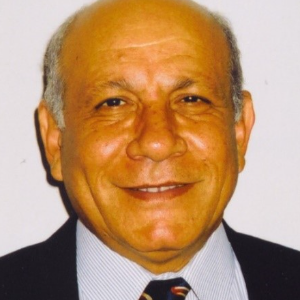An estimate of the amount of crude oil in a given economic region is known as oil reserves. Oil reserves must be able to be extracted under present technological limits in order to qualify. Venezuela, Saudi Arabia, and Canada are the top three oil-producing countries in the world. According to estimations, the world's oil reserves are projected to exceed 1.73 trillion barrels.
A complex blend of gaseous hydrocarbons makes up natural gas reserves. Natural gas reserves are substantial amounts of natural gas that are thought to exist with a high degree of certainty based on geological surveys and engineering research. These reserves are not only known to exist, but they are also accessible and economically viable to extract. Natural gas is mostly composed of methane, with minor amounts of ethane, propane, butane, pentane, and other higher hydrocarbons contributing to its calorific value. Dry gas, wet gas, and gas-condensate are the three types of natural gas reserves found in conventional gas fields (non associated gas).
- Oil and Gas Reserves Data
- Reserve Policy and Pricing
- Oil and Gas Production in Reserve

Anthony J Sadar
Environmental Science Communication, LLC, United States
Selim Sanad Shaker
Geopressure Analysis Services, United States
Sharma Dronamraju
AKD Professional Solutions Inc., United States
Ross Cygan Taylor
North Sea Transition Authority, United Kingdom
Saleh Alqahtani
Saudi Aramco, Saudi Arabia
Abdulrahman Bahashwan
Saudi Aramco, Saudi Arabia



Title : The Vacuum Insulated Heatable Curtain (vihc): From conceptual invention to market deployment as a cost-effective dual solution for window heat loss reduction and localised radiant comfort
Saim Memon, Sanyou London Pvt Ltd, United Kingdom
Title : Transforming waste plastic into hydrogen: Progress, challenges, and future directions in pyrolysis-based integrated pathways
Nur Hassan, Central Queensland University, Australia
Title : Unlocking UKCS potential through collaborative well interventions
Ross Cygan Taylor, North Sea Transition Authority, United Kingdom
Title : Driving excellence in marginal field development and operations through an integrated smart strategy to unlock challenging sour oil
Sharina Al Muhairi, ADNOC Onshore, United Arab Emirates
Title : Innovative solutions for accurate and efficient gas monitoring
Raysa Bani Ibrahim, Abu Dhabi National Oil Company, United Arab Emirates
Title : Innovative solutions for accurate and efficient gas monitoring
Mariam Alzaabi, Abu Dhabi National Oil Company, United Arab Emirates